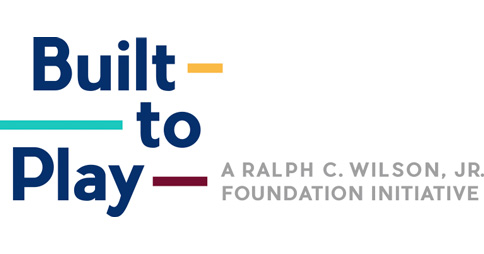Since Built to Play launched in spring of 2018, the initiative has been focused on bringing kids across Southeast Michigan and Western New York outdoors, and into spaces that would benefit who they are—and who they aim to be.
Now, thanks to a skateboarding culture study conducted by the Pullias Center for Higher Education at USC’s Rossier School of Education and USC’s Annenberg School for Communication and Journalism—and supported by Built to Play partner, the Tony Hawk Foundation—we now have a better idea of who these skateboard-loving kids are, and how their ongoing affection for their craft is benefiting their lives and communities.
“Skateboarding is embedded in youth culture today,” said skateboarding icon Tony Hawk, whose Tony Hawk Foundation funded the study. “Until now, little attention has been directed towards truly understanding who skateboarders are, what they think or why skateboarding becomes such an integral part of their identity. We at Tony Hawk Foundation are proud to have sponsored this work in order to highlight these young people.”
The “Beyond the Board: Findings from the Field” study included a survey that targeted those 13-25 years old and received over 5,000 responses including a significant number from skaters who, according to details released following the study, identified as female and/or as a skater of color. Interviews were also conducted with 120 skaters and skate community stakeholders in seven cities across the U.S.
The findings reflect a changing narrative around skateboarding culture, all while reinforcing the importance of ongoing skating opportunities like new skateparks facilitated through Built to Play and the Tony Hawk Foundation.
Study findings on the impact of skateboarding include:
- Improved mental health – A majority of skaters surveyed indicated they skateboard for reasons like fun and to relieve stress, which both help alleviate prevailing teen problems like anxiety and depression.
- Enhanced communities – Skateboarders’ ability to unite with similar-minded people inside skateparks, skate shops and at skating events can facilitate cross-cultural communication and understanding to enhance connection across diverse communities.
- Resilience and self-reliance – There’s no blueprint on the right way to skate. The most skilled skaters have to learn on their own, commit to repetition and develop their own strategies to succeed—and their dedication to this process can spill over into life off the board.
- Lessons about gender, race – While skaters of color felt a greater degree of safety from judgment within the skateboarding community (as opposed to outside), female skaters still struggle with their place in the skate community, and seek more gender equity.
